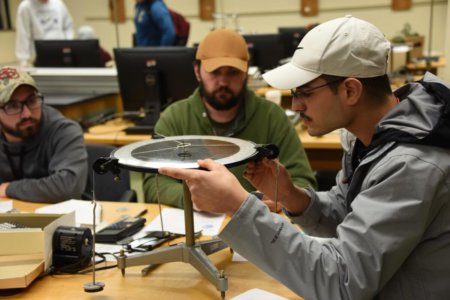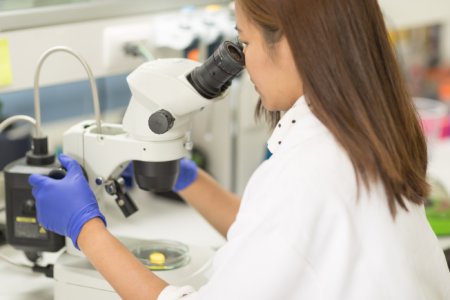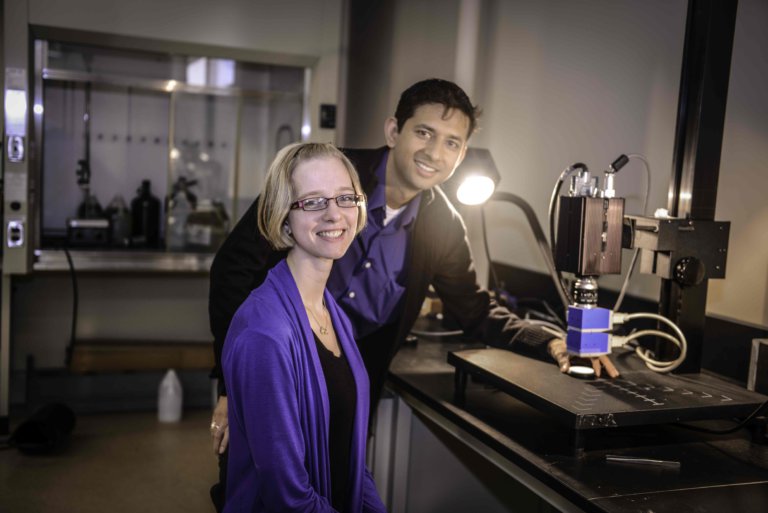
The job outlook for agricultural engineers is positive. It is projected to grow 6% from 2022 to 2032, faster than the average for all occupations. With a median pay of US$83,260, engineers in this area can also do some good for their community, the environment and the world. This is a big field, with many specialisations to choose from, and as technology progresses, newer areas are cropping up.
As the name suggests, biosystems engineering is where engineering principles and biologically-centered systems intersect. Innovations and new technologies in this field improve the well-being of humans and animals, as well as preserve and enhance the environment’s natural resources. Research into this is beneficial, but finding a qualification that fits the niche you want can be challenging.
Here are three universities that allow you to specialise your degree for a profession in biosystems and agricultural engineering:
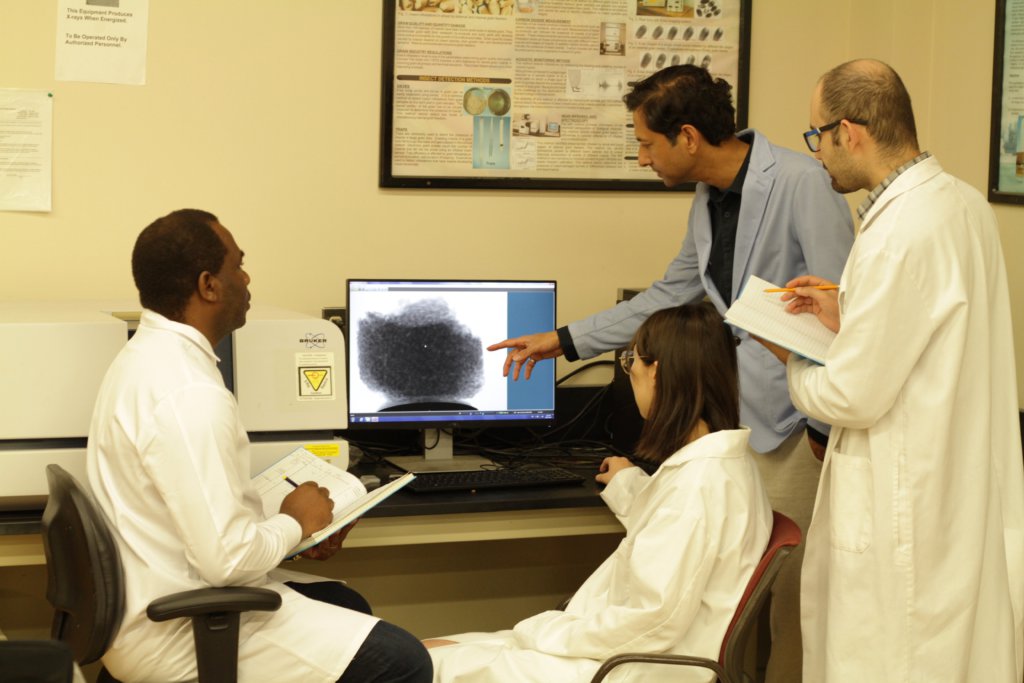
The Department of Biosystems Engineering is the only one of its kind in western Canada. Source: University of Manitoba
University of Manitoba
The University of Manitoba’s Department of Biosystems Engineering offers programmes that are designed to teach you the fundamental principles of engineering and introduce biological concepts that help solve engineering challenges involving biological systems. These degrees were created for those passionate about tackling problems like sustainability and global food security, areas which require knowledge of engineering principles and biological systems. In Western Canada, the department is the only one of its kind offering Biosystems Engineering (or similar) programmes.
Undergraduates can choose from three specialisations: biomedical, bioresource, and environmental. For the Biosystems Engineering (BSc), you can choose between traditional and cooperative education formats. There are also master’s level degrees in biosystems engineering: a research-based MSc or a course-based MEng.
In the latter category is the Biosystems Engineering (MEng), fit for those who want an advanced degree with an emphasis on the practice of engineering involving biological systems. The department also offers a PhD programme where you can complete a Graduate Specialisation in Engineering Education to specialise in the emerging academic discipline of engineering education.
In terms of research, faculty and students in the department are considered world-class. The department is known for its work in grain storage and handling (including modelling of the stored-grain ecosystem) and biological (microbial) production of biofuels and bioproducts. Emerging work is being explored in the processing and utilisation of waste biomass fibre for industrial and medical applications, computational methods for biological and biomedical imaging, and more.
In 2021, the department launched the “Sustainability-in-Action Facility” (SiAF), which aims to become the campus home for experiential learning and demonstration opportunities that relate to sustainability. Some examples include renewable energy, sustainable food production for remote communities, sustainable building practices, and utilisation of waste biomass. Learn more about the department here.
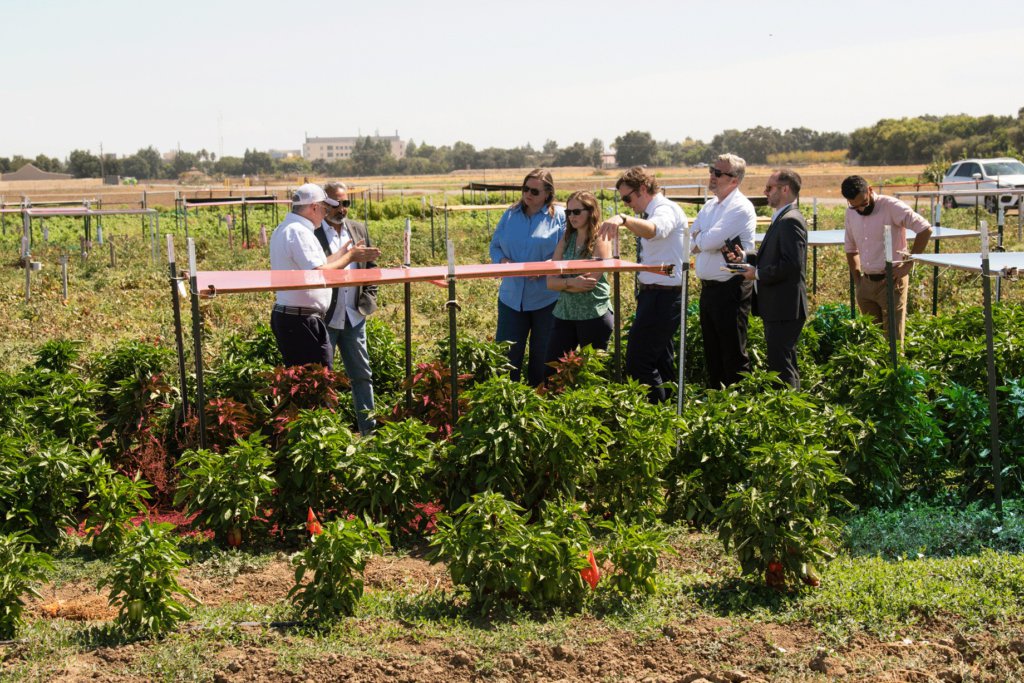
Scientists at UC Davis are supported by Agricultural Experiment Station funding. Source: University of California, Davis
University of California, Davis, College of Agricultural and Environmental Sciences
The College of Agricultural and Environmental Sciences at the University of California, Davis boasts a number of accolades — ranked #1 in the US and #2 in the world for agricultural sciences and forestry by QS World University Rankings and #1 in agricultural economics and policy research by the Centre for World University Rankings.
Three faculty members are American Association for the Advancement of Sciences Fellows, and nine are National Academy of Sciences members. This makes the institution one of the most published and cited US research universities in agricultural sciences, plant and animal sciences, environment/ecology, food science and nutrition, and soil sciences.
The Department of Biological and Agricultural Engineering is specifically committed to creating and maintaining an environment where all can achieve their full potential. It has three areas of expertise: biotechnical engineering, agricultural and natural resources engineering, and food engineering. This department is unique as it falls under the College of Engineering (COE) and the College of Agricultural and Environmental Sciences (CAES). This gives you a more comprehensive range of resources and areas to explore.
Under COE is the Biological Systems Engineering (EBSE) major, an ABET-accredited programme, as well as the Energy Efficiency, Energy Policy, and Energy Science & Technology minors. The CAES houses the newest major in Agriculture and Environmental Technology (AAET), and minors in Geographic Information Systems and Precision Agriculture. The graduate degrees offered are mainly under the COE.
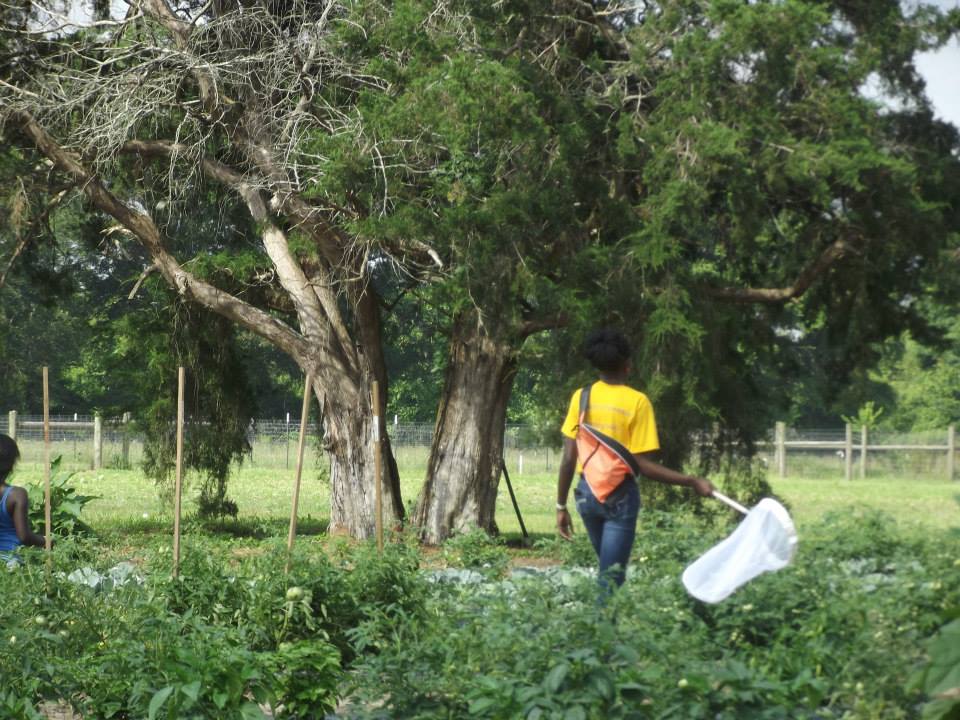
Programmes in the College of Agriculture and Food Sciences empower brilliant, energetic thinkers motivated to change the world. Source: Florida A&M University
Florida A&M University, College of Agriculture and Food Sciences
With a low student-to-faculty ratio affording individual attention for each student, Florida A&M University’s College of Agriculture and Food Sciences (CAFS) is the ideal school to gain the right tools to tackle the challenges of the 21st century. The school’s research centres focus on viticulture and small fruits research, preserving the water quality of North Florida watersheds research, strategic research for the management of invasive pest species; and a livestock and crop improvement programme.
As the land-grant college within Florida A&M University, CAFS has a Cooperative Extension Programme (CEP) that provides research-based information to Florida’s farmers, communities and those in the agriculture business. Exploring both rural and urban areas, the CEP programme aims to improve the quality of life of everyone involved.
Programmes here empower brilliant, energetic thinkers who are motivated to change the world. They are equipped to understand, tackle, and eventually provide solutions to the challenges of the 21st century worldwide as it relates to global food security and fighting world hunger. Graduate programmes offered here include agribusiness, entomology (MS and PhD), plant science, soil and water, and pre-professional studies.
If you are looking to explore integrated agricultural, biological, chemical, and engineering sciences, check out the Bachelor of Science in Biological Systems Engineering. This degree has two main pathways: Bioprocessing and Food Engineering or Natural Resources Conservation Engineering. Accredited by the Engineering Accreditation Commission of ABET, INC, this programme shows you how to solve complex engineering problems and design products and processes.
*Some of the institutions featured in this article are commercial partners of Study International









